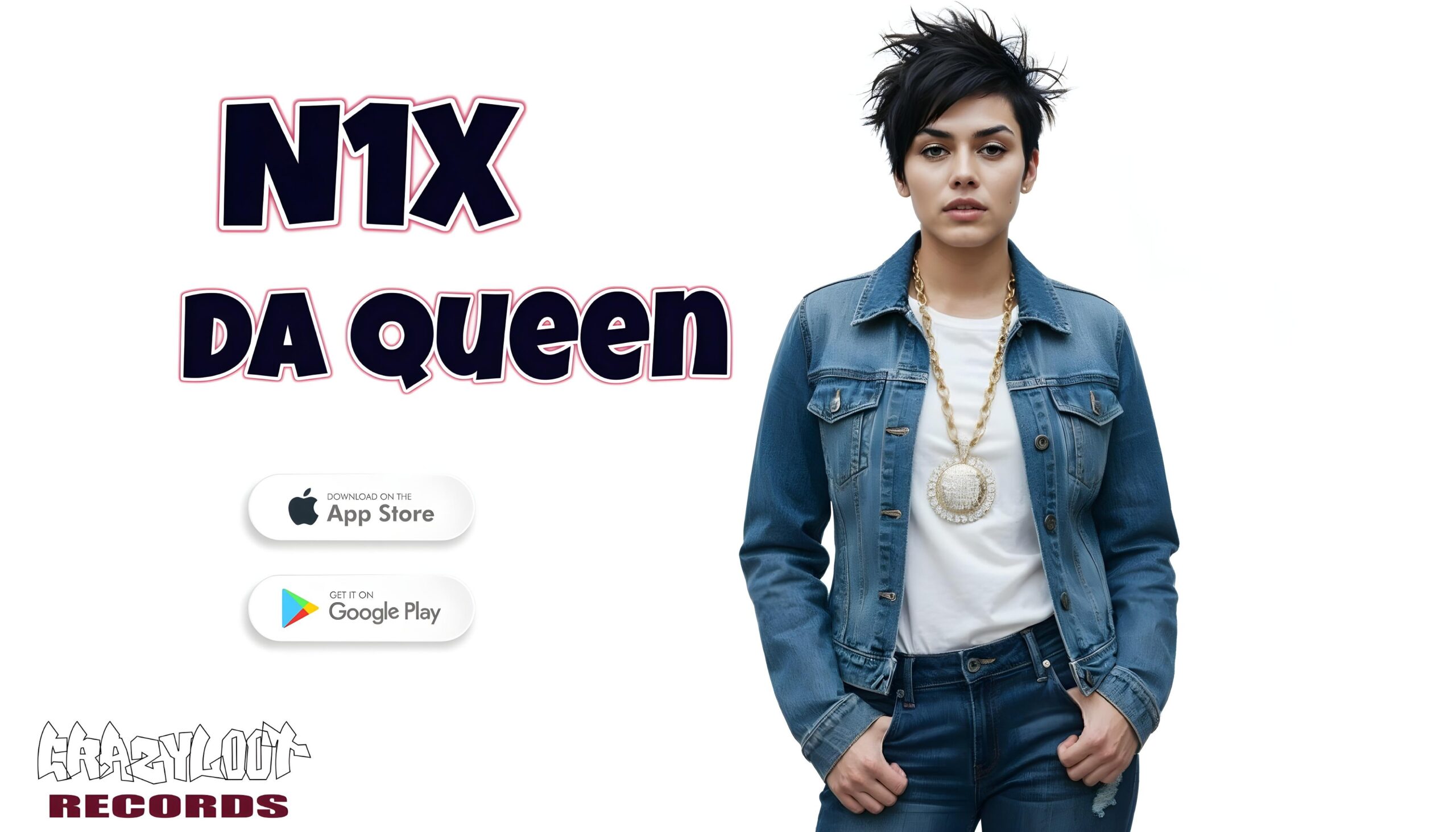
High School Students Are Monetizing AI Tools for Homework
Introduction
In the ever-evolving landscape of education, artificial intelligence (AI) has emerged as a double-edged sword-offering both unprecedented learning opportunities and new ethical dilemmas. High school students, often at the forefront of technological adoption, are discovering innovative ways to harness AI tools to tackle their homework, effectively turning study sessions into a monetizable venture. This intriguing trend not only highlights the resourcefulness of today’s youth but also raises questions about the implications of outsourcing learning to algorithms. As students navigate the fine line between assistance and academic integrity, the monetization of AI tools reflects a shift in how we conceptualize education and work in the digital age. In this article, we’ll explore this phenomenon, examining student motivations, the tools they employ, and the broader impact on the educational landscape.
Q&A
Q&A: High School Students Are Monetizing AI Tools for Homework
Q: What are students doing with AI tools for their homework?
A: Many high school students are harnessing AI technologies to assist with their homework. They’re using tools like chatbots and AI writing assistants not only to enhance their learning but to generate original content, solve complex problems, and occasionally even create study guides-all of which can be monetized.
Q: How are students monetizing these AI tools?
A: Students are finding ways to offer services such as tutoring, writing essays, or generating study materials for their peers. By leveraging AI, they can produce high-quality content quickly, allowing them to sell their services online or directly to fellow students who are seeking an academic advantage.
Q: Is this practice ethical?
A: The ethics of monetizing AI tools for homework are widely debated. Some argue it encourages academic dishonesty, while others believe it promotes a smart use of technology to enhance learning. As long as it’s used as a supplement to genuine understanding and not a shortcut, opinions vary on its ethical implications.
Q: What are the potential benefits of this trend for students?
A: Students can develop valuable skills such as research, content creation, and digital literacy. Additionally, monetizing their knowledge helps foster entrepreneurial skills and financial independence, giving them a practical lesson in managing money and time.
Q: Are there any drawbacks to this trend?
A: Yes, there are potential drawbacks, including the risk of encouraging shortcuts in learning. Some students may become overly reliant on AI tools, leading to gaps in knowledge and critical thinking skills. There’s also a concern about the normalization of outsourcing academic work, which can affect the integrity of educational systems.
Meet N1X Da Queen Of A-Pop
N1X Da Queen Of A-Pop Sign up And Enter Her World Streaming Exclusive Music From N1X And Da Super Group Da Queens
Only On N1XMusic.com

Q: How are schools responding to this trend?
A: Many schools are grappling with the implications of AI in the classroom. Some are implementing updated academic policies, while others are enhancing their curricula to teach students about the ethical use of AI. Conversations around creativity, originality, and critical thinking are becoming a core part of the dialogue.
Q: What should students consider before monetizing AI tools?
A: Students should weigh the balance between leveraging technology and maintaining personal academic integrity. They should reflect on their motivations and ensure that their use of AI tools aligns with their educational goals. Transparency with peers and teachers about their methods is also crucial in fostering a respectful academic environment.
Q: What does the future hold for students and AI in education?
A: The intersection of AI and education is likely to expand rapidly. As AI technology continues to evolve, so will the ways students interact with it. Future educational frameworks will need to adapt, ensuring that students not only benefit from AI tools but also learn to use them responsibly and effectively.
The Way Forward
As the sun sets on the traditional classroom, a new dawn is emerging for high school students eager to harness the power of AI. With a blend of resourcefulness and ambition, these young learners are navigating the intersection of technology and education, discovering innovative ways to monetize AI tools for their academic pursuits. While the ethical implications and long-term effects of this trend remain to be fully understood, one thing is certain: the landscape of homework and learning is undergoing a remarkable transformation. As we move forward, it will be crucial for educators, parents, and students alike to engage in thoughtful discussions about the responsibilities that accompany this brave new world. Together, we can ensure that as AI continues to evolve, it enhances the educational journey rather than detracts from it. The question remains: how will the next generation of students shape their futures in this rapidly changing environment? The answer lies at the intersection of creativity, diligence, and technology.
Are you a content creator or someone with a big social media following?
Want to earn real cash promoting The Queen of A-POP?
Join the N1X Music Promoter Program — it’s as easy as:
1️⃣ Sign Up
2️⃣ Promote
3️⃣ Get Paid





No Comments